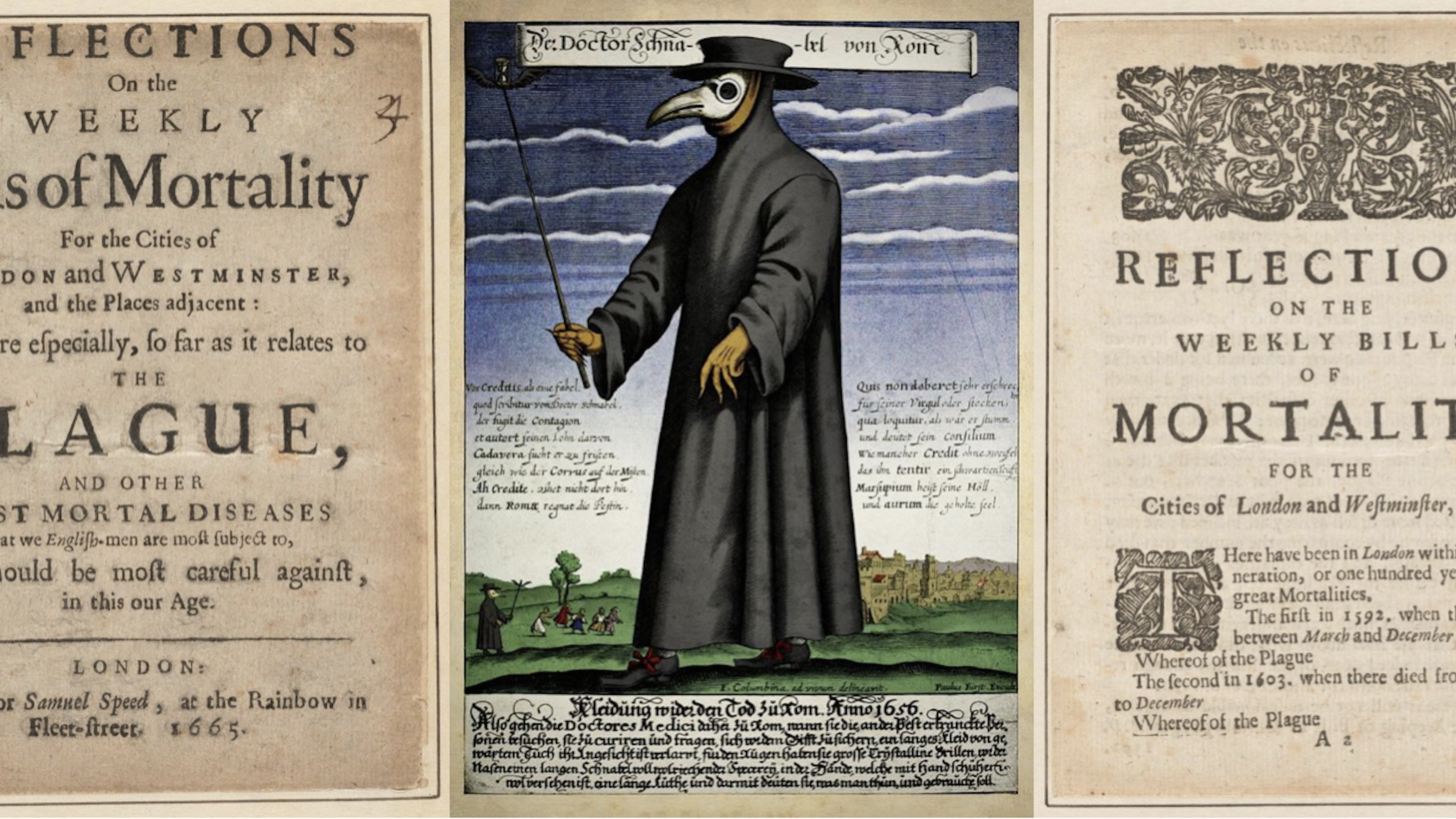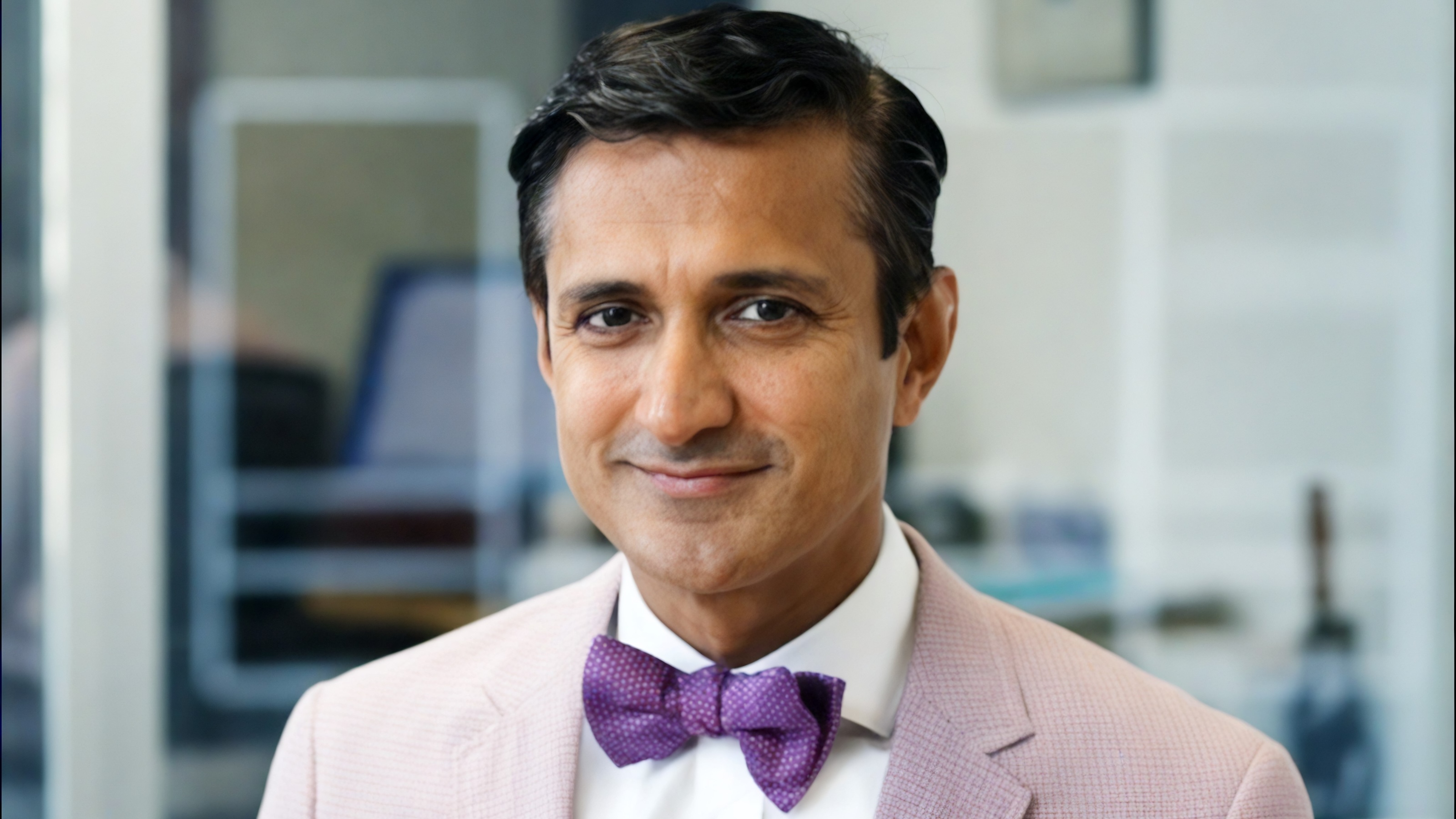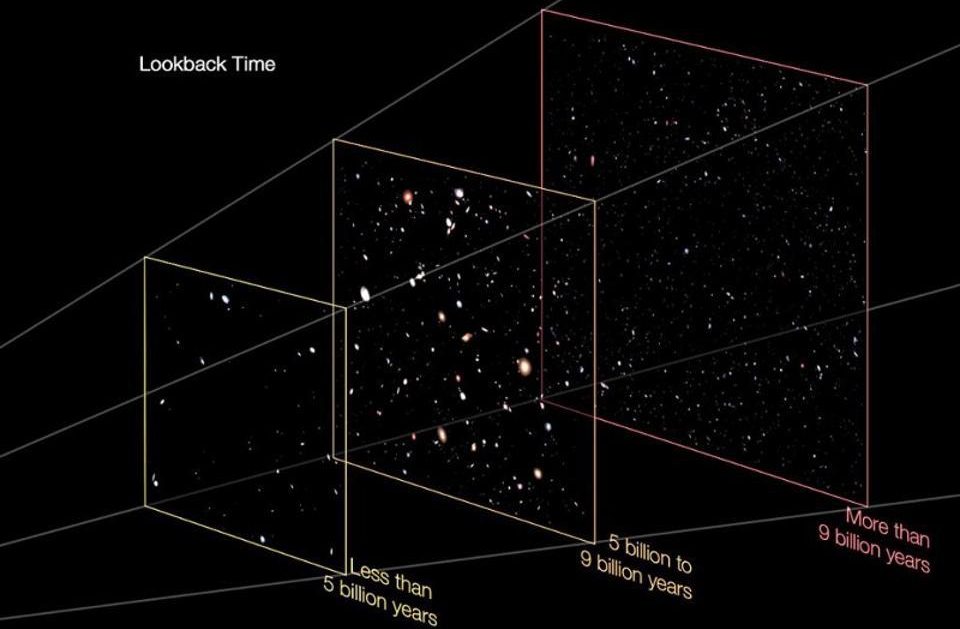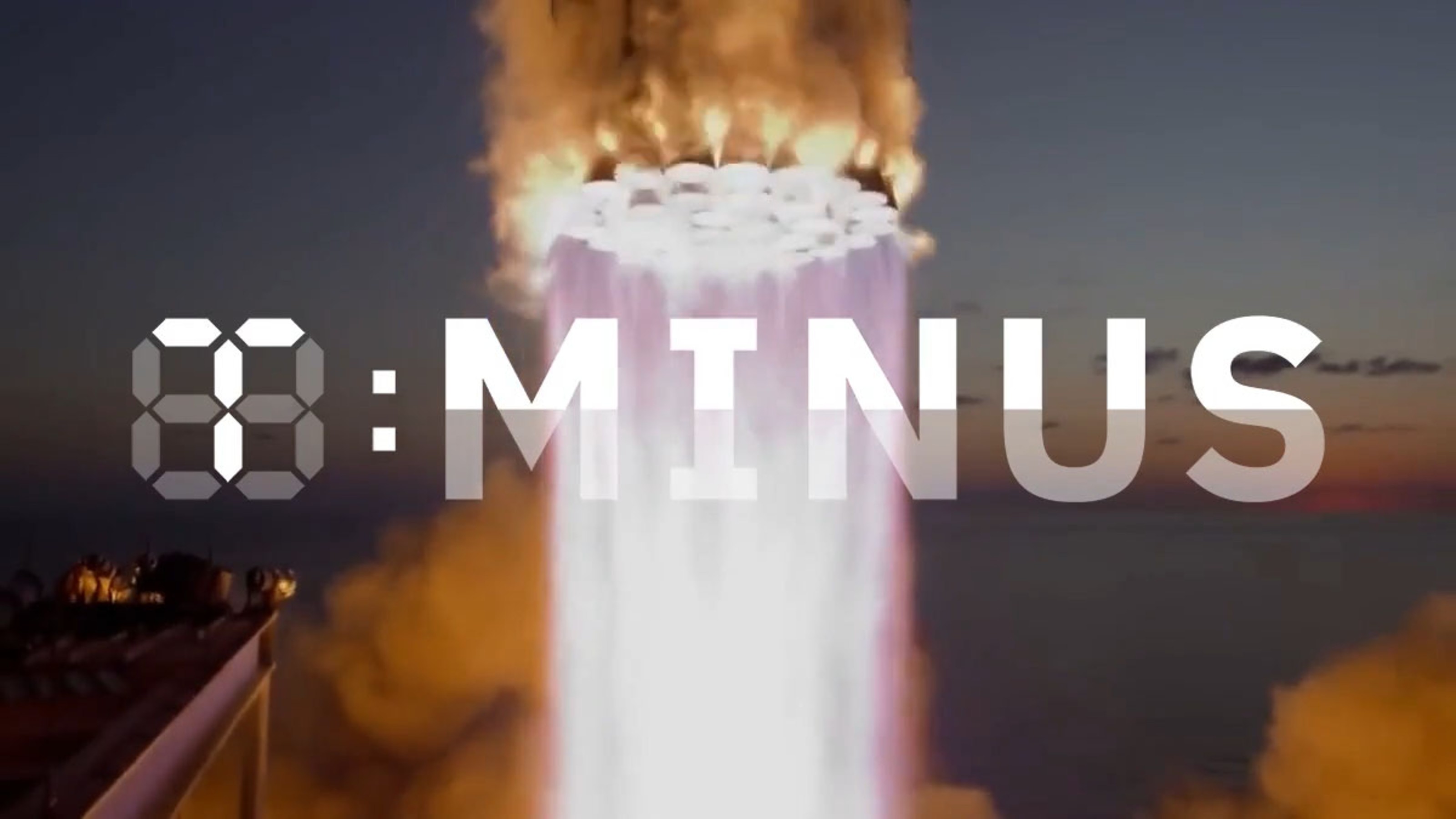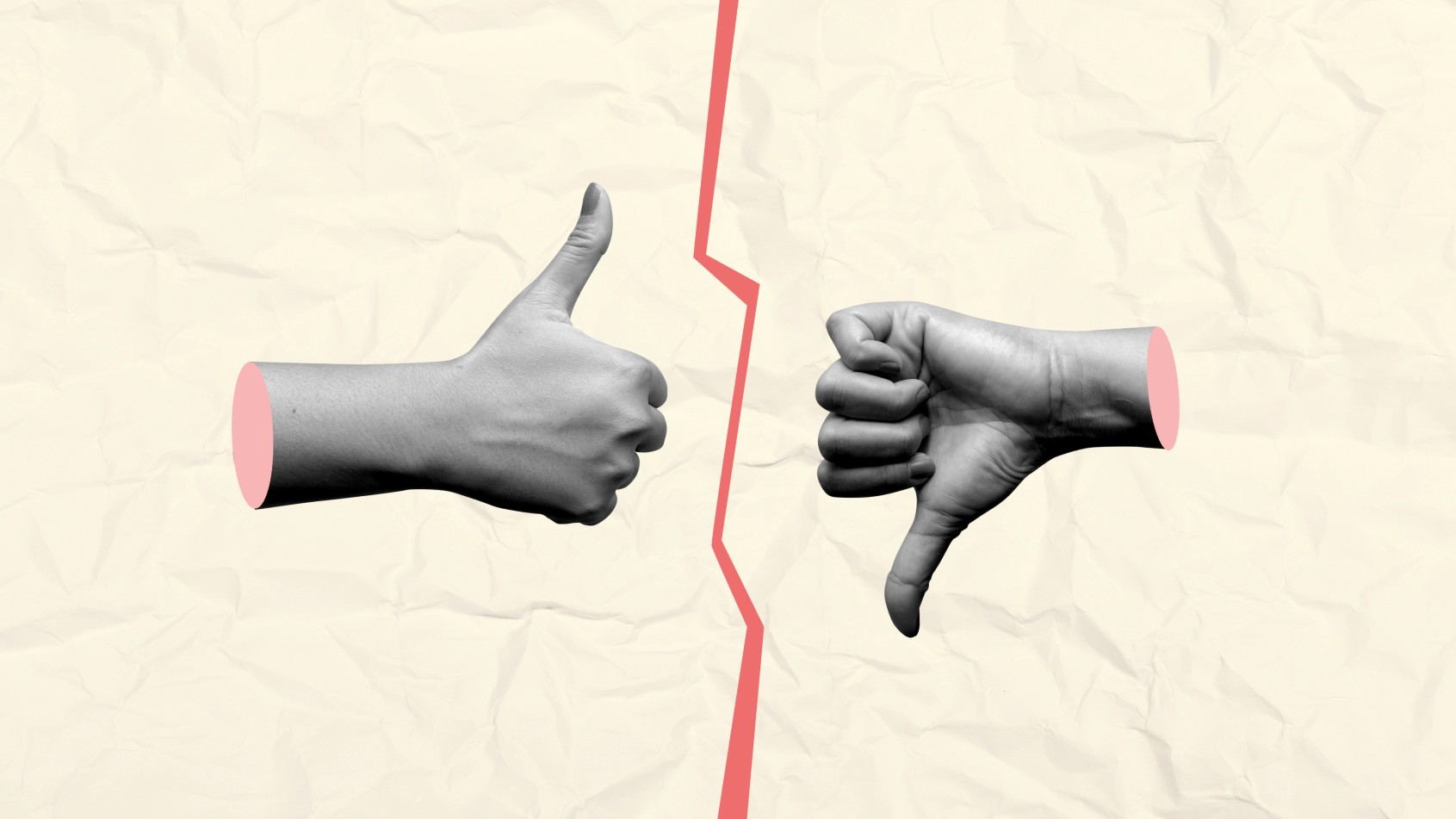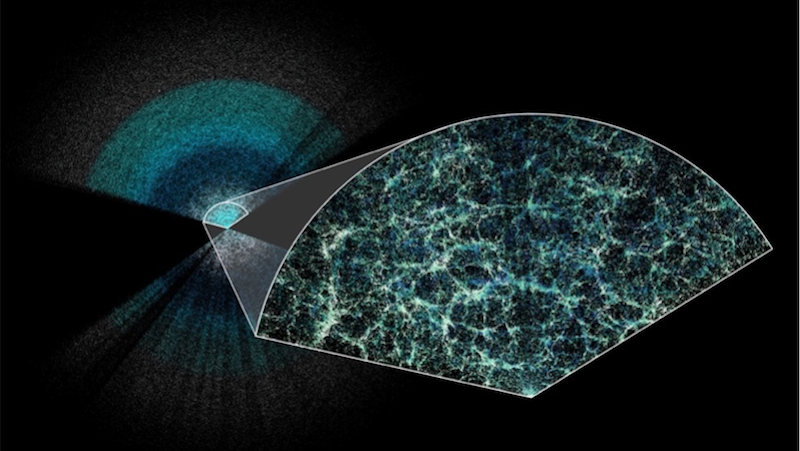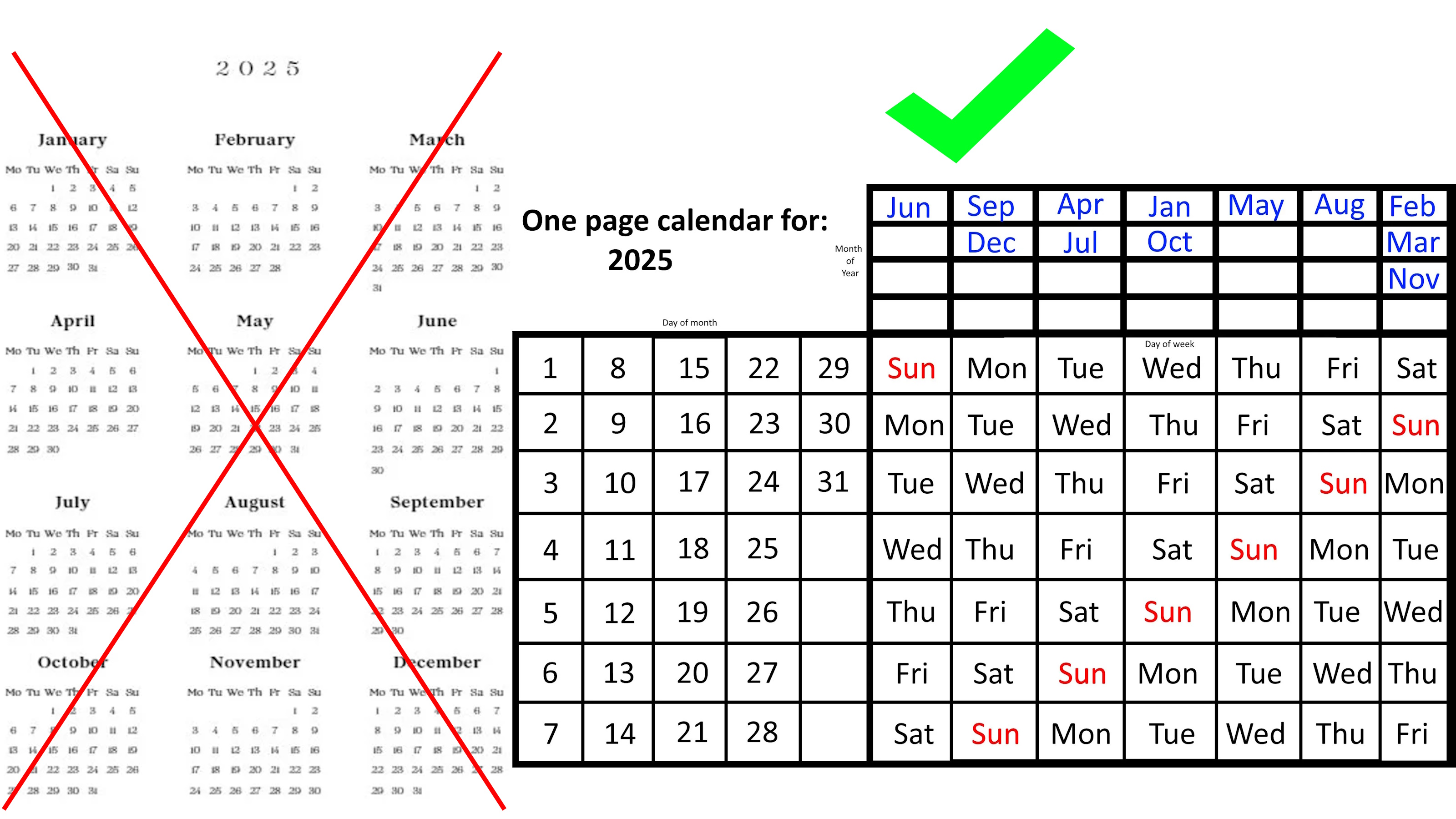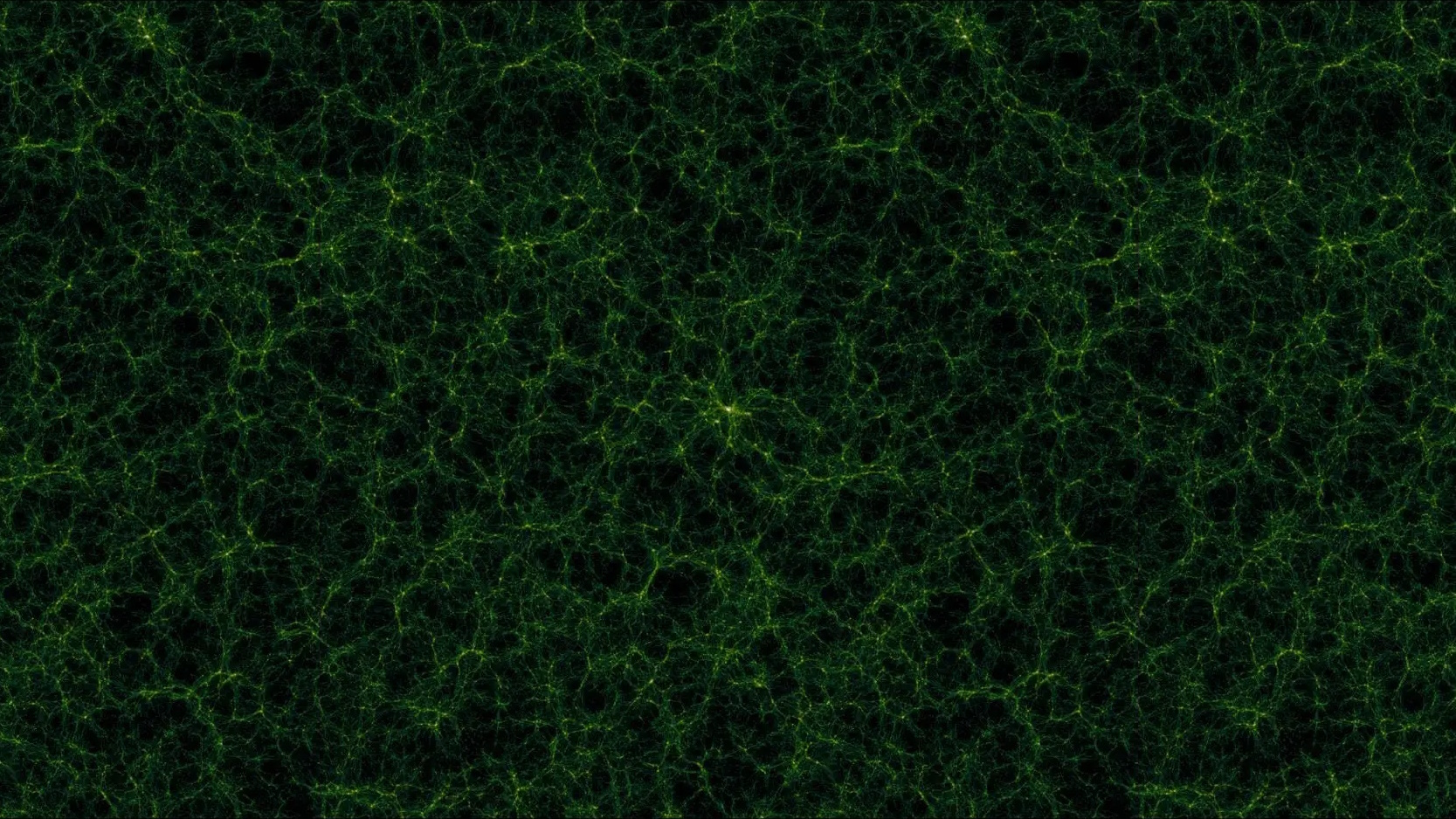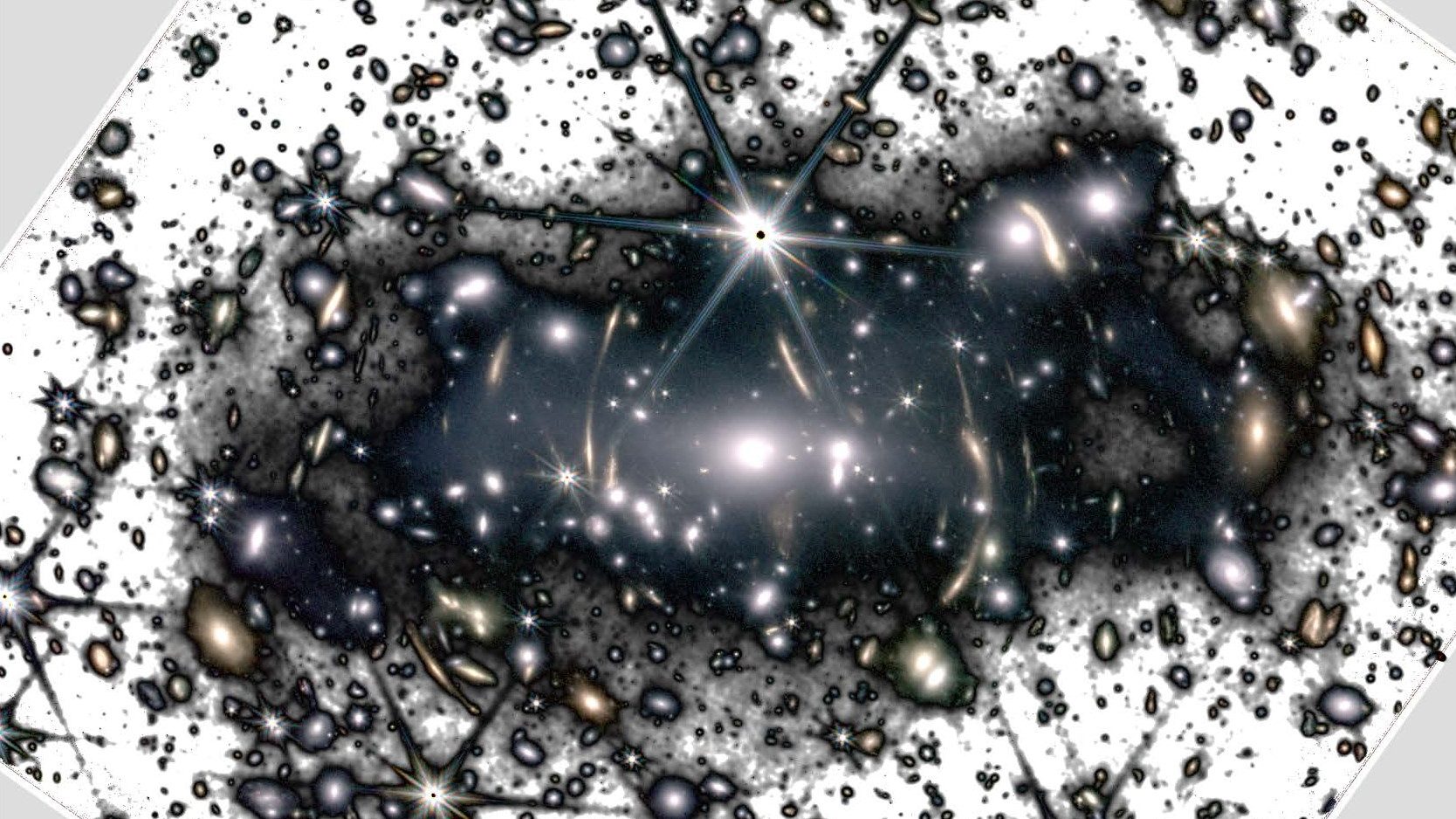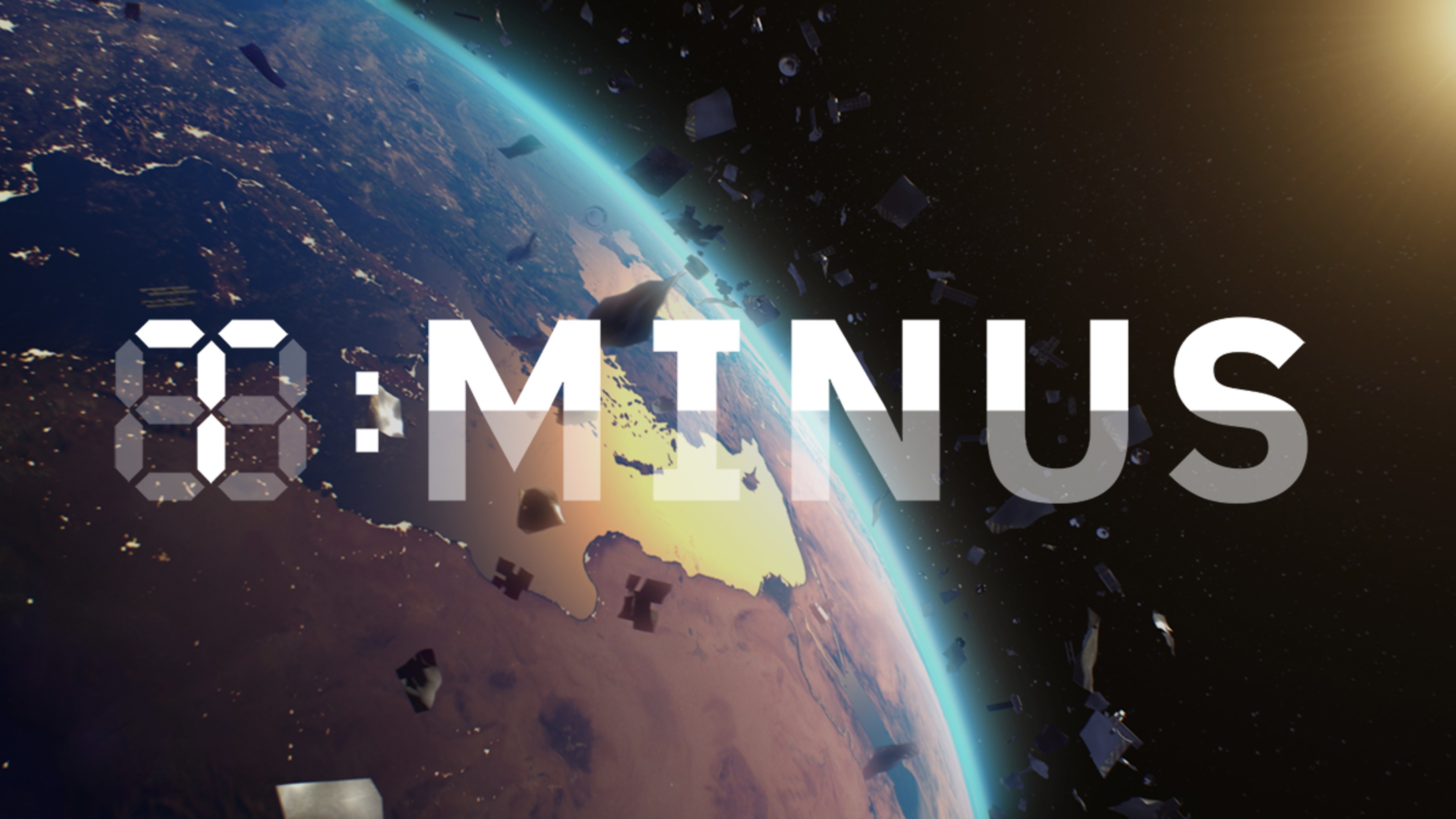“Mainstream computing will start to shift from a race to develop increasingly powerful tools to a race to develop increasingly powerful abilities.”
Can we learn to always look on the bright side of life?
Caitlin Rivers wants to tell the story of epidemiology and the public health heroes who keep the world safe and healthy.
There’s no upper limit to how massive galaxies or black holes can be, but the most massive known star is only ~260 solar masses. Here’s why.
Radically improve your work-life speaking and presentation skills with a technique used by musicians and brand-name politicians.
Pleasure, virtue, and doubt are necessary, but each is insufficient on its own.
An extraordinary haberdasher obsessed with buttons, lace collars, and death pioneered modern statistical analysis during the Age of Reason.
In the year 2000, physicists created a list of the ten most important unsolved problems in their field. 25 years later, here’s where we are.
Chetan Dube — founder and CEO of Quant — tells Big Think why a pivotal and monumental year for agentic AI has just begun.
“You’ll be able to fly twice as fast as a Boeing or Airbus, and it’ll be like the cost of flying business today.”
We see objects whose light only arrives just now. But we see them as they were in the past: when that now-arriving light was first emitted.
Featuring SpaceX’s “Mechazilla,” a first-of-its-kind spacewalk, and more.
“Okay, dad, but GMOs help feed the world.”
A wave of innovation is coursing through the nuclear industry — but ingrained opposition is the biggest roadblock.
“In our current social and physical climate, there’s a sense of fatalism, a fear that bringing someone new into the world might be a bad thing.”
▸
5 min
—
with
Our Universe isn’t just expanding, the expansion is accelerating. Instead of dark energy, could a “lumpy” Universe be at fault?
In 1900, the UK clearly was the richest country in Europe. That’s no longer the case.
Welcome to The Nightcrawler — a weekly newsletter from Eric Markowitz covering tech, innovation, and long-term thinking.
Despite the Sun’s high core temperatures, atomic nuclei repel each other too strongly to fuse together. Good thing for quantum physics!
Temple Grandin’s story reveals how embracing neurodiversity can lead to groundbreaking innovations and more successful teams.
It’s simpler, more compact, and reusable from year-to-year in a way that no other calendar is. Here’s both how it works and how to use it.
A recent measurement has simultaneously settled an ongoing scientific debate while puzzling scientists.
On larger and larger scales, many of the same structures we see at small ones repeat themselves. Do we live in a fractal Universe?
One alchemist’s search for a whiz-bang method to produce gold unlocked the central science instead.
Why the advertising legend — and author of Alchemy — believes that inefficiency can be genius and insects can unlock innovation.
It’s not only the gravity from galaxies in a cluster that reveals dark matter, but the ejected, intracluster stars actually trace it out.
With undersea cables, AI education, and more, the tech giant is helping create Africa’s “digital decade.”
Experts answer 10 big questions about the nightmare scenario that could send us back to the pre-Space Age.
The nation-state had a good run, but its usefulness may have come to an end.
MAPS founder Rick Doblin speaks to Big Think about the FDA’s rejection of MDMA therapy and the future of psychedelic treatments.






